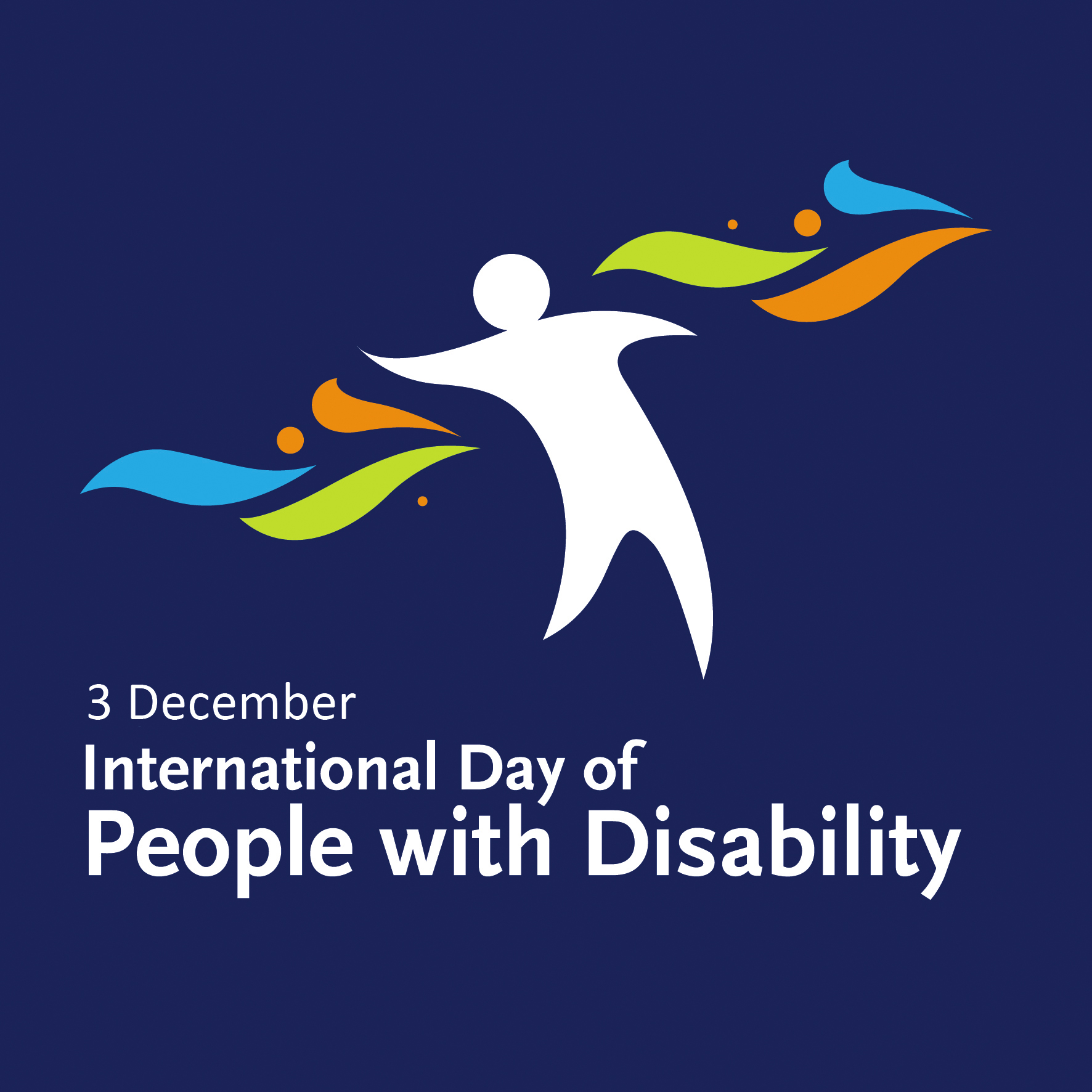

Thursday 3 December is International Day of People with Disability.
It was in 1992 that this date was launched by the United Nations General Assembly as an annually observed day to promote the understanding of disability issues and increase awareness and acceptance of people with disability.
2020
Each year has a distinct theme; for 2020 it is Not All Disabilities Are Visible. The theme aims to highlight the fact that many common disabilities such as mental illness, chronic pain or fatigue, sight and hearing impairments, diabetes, brain injuries, neurological disorders, learning differences and intellectual disability, are not immediately apparent. Their ‘invisibility’ often exacerbates the difficulties that people with these disabilities face.
As 2020 has progressed we’ve all become conscious of the effect of the COVID pandemic and control measures on our lives, and we’re now speaking more openly about their impact on mental health.
Anxiety and depression are classic examples of invisible disabilities. But beyond that, we’re also more aware of the ways in which many people with disability have been disproportionately exposed to invisible but serious COVID-linked stresses. Evidence produced at the Royal Commission into Violence, Abuse, Neglect and Exploitation of People with Disability shows that disabled people have experienced much greater levels of isolation, disconnection, and disrupted or diminished services due to the pandemic. Existing disabilities are exacerbated by the strain of not knowing, for example, if care assistants will turn up today, or if they do, whether they will be bringing COVID into the house.
One positive in all this may be a deepening sense of commonality between people with and without disability. COVID-related measures have brought home to all of us how dependent we are on the services, possibilities and human contacts that we generally take for granted, and how difficult life is without them. But this is the ongoing reality of life for many people with visible and invisible disabilities. The International Day of People with Disability is an opportunity to reflect on that and how we can make change for the better in the post-pandemic world.
DIIU Webinar
Wednesday 2 December, the DIIU hosted its final webinar of the year. Fittingly, it was a very special presentation, showcasing the work of one of our Seedfunding recipients, Dr Laurel Mimmo, and her co-researchers Maya Tokutake, Matthew van Hoek, Karen Phillips and Debbie van Hoek. This is Maya and Matt, reporting from university looked at the use of body mapping and arts-based research methods to enable young people with intellectual disability to take part in research about their healthcare.
A recording of the webinar will be available on the DIIU website soon.
